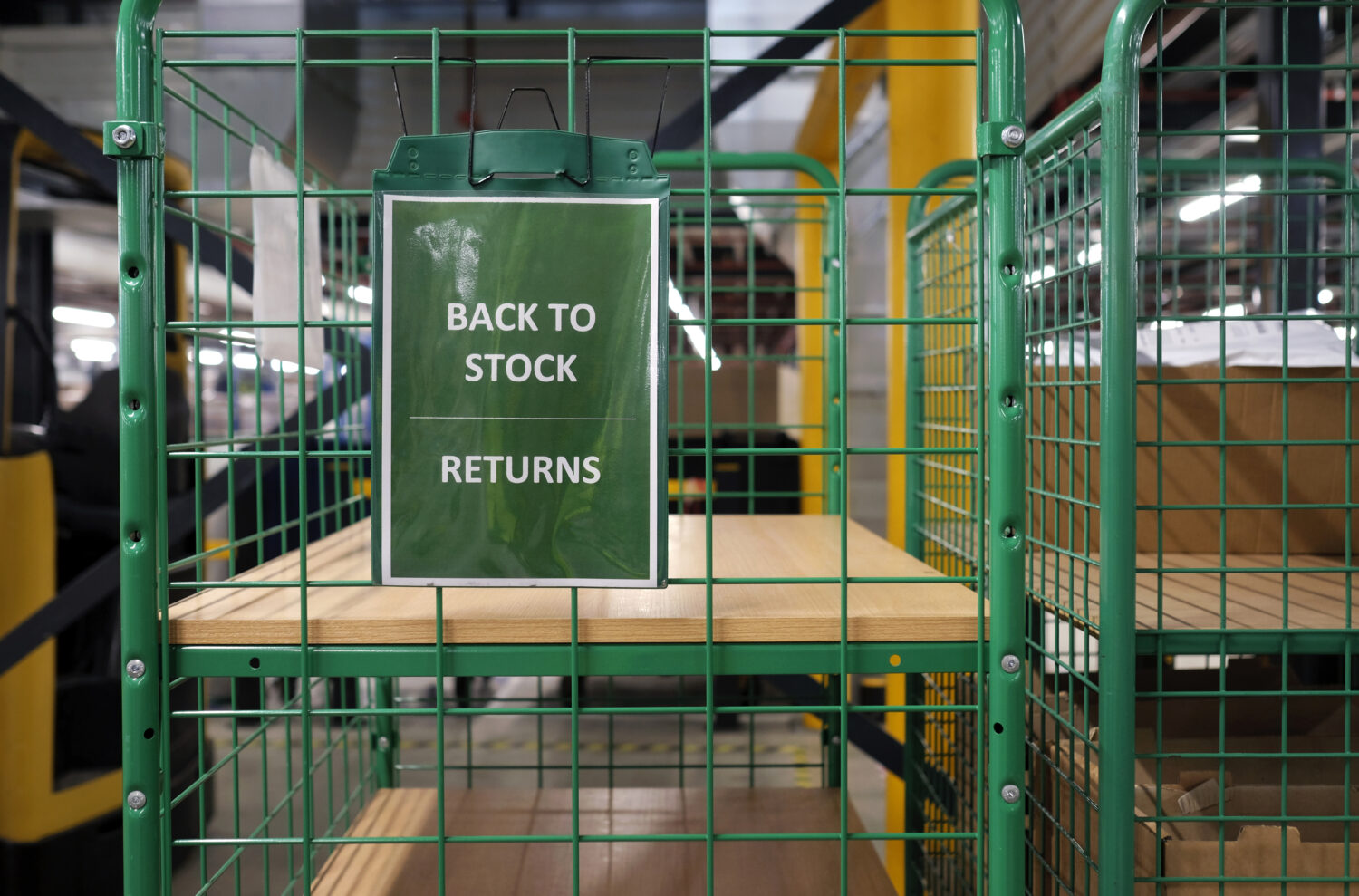Ecommerce has become a part of everyday life, gaining significant ground in the last few years alone, and showing no signs of stopping. With this increase in ecommerce comes an increase in returns, and thus, an increase in the need for efficient returns management.
Mass returns can become overwhelming without proper support, leading to lost profits and frustrated customers. Fortunately, third party logistics companies (3PL) specialize in helping to streamline the returns process.
For a 3PL, effective returns management isn’t just about moving returned items. It’s about turning those returns into opportunities.
The Importance of Efficient Returns Management
Handling returns efficiently is key to maintaining customer satisfaction, reducing costs, and recovering value from returned goods.
In e-commerce, returns are part of the customer journey, which is why it’s important to treat the returns process as an opportunity to shine rather than as a hurdle to overcome.
A streamlined return process ensures customers feel valued, resulting in brand trust, repeat purchases, and overall satisfaction.
While a third party logistics company may not interface with customers directly, their performance affects how the return feels to the end-user. This can make the difference between a one-star review and a five-star review.
Managing the process effectively in-house isn’t always feasible. Returns disrupt the normal outbound-focused flow of a warehouse.
For fast-growing e-commerce brands, managing returns in-house can become a major bottleneck, and without a designated system in place, returns can pile up, taking up extra space and costing the company more money in stagnant inventory.
Additionally, employees oftentimes need to be pulled off their regular duties to deal with accumulating returns, losing manpower as well as time from other departments and increasing operational costs.
Partnering with a third part logistics provider helps to separate the flow of outgoing products and incoming returns, keeping the core business running smoothly. This also helps businesses to cut costs by avoiding the overhead of handling returns in-house.
3PL workers are experts at returns and already have a smooth system in place, minimizing disruptions and making the process more scalable, easily adjusting to the ebbs and flows of the returns management landscape at any given time.
The Role of 3PL in Returns Management
What is it that third-party logistics companies do that assists in the returns management process so significantly? The answer can be summarized in two words: reverse logistics.
Reverse logistics is part of the returns management process, referring specifically to receiving, checking, and restocking returned products when applicable.
Optimizing reverse logistics is key to making the returns process more efficient as a whole, and this is where 3PL partnerships come in.
A 3PL’s role in reverse logistics begins the moment a product is returned. Upon arrival to the facility, 3PL workers confirm its arrival and enter it into the Warehouse Management System (WMS), where it can be cross-referenced with the RMA (Return Merchandise Authorization), pack slip, or shipping documentation.
From there, the return undergoes inspection and is compared to its listed reason for return. Workers check for damage or defects that could prevent the item from being restocked. They are also acting as a line of defense against fraudulent returns, including items that have been used, swapped, or otherwise altered from their original condition.
If possible, the returned item is reintegrated into stock, and inventory is adjusted in the WMS. If the item is being exchanged, the 3PL handles shipping out the replacement product to the buyer.
Finally, the 3PL partner provides their client with a report on the collected data that can then be used to the client’s advantage.
Data-Driven Insights in Reverse Logistics
Data-driven insights come from the information that is collected when products are returned.
Third party logistics partners that specialize in reverse logistics prioritize the returns process, meaning that all data is being properly collected and evaluated to gain better insight.
The focus of these insights is often on saving the company money on fraudulent returns and checking for defects or patterns in returned products.
What was the listed reason for the product return? Was this able to be verified through the inspection process? Is there a pattern of returns that could indicate a larger issue, such as manufacturing defects or inaccurate online product descriptions?
This information can then be used to help businesses reduce return rates, better inventory management, improve product quality, and preempt customer dissatisfaction.
Conclusion
Returns don’t always have to equal loss. When handled correctly, they can actually be used as opportunities for gain.
3PL partnerships allow for returns to be the properly processed and evaluated without interfering with the main business’s focus on outgoing products.
The returns management process can be utilized to improve products and services, aiding in creating and maintaining a loyal customer base.
Returns may be unavoidable in e-commerce, but inefficiencies don’t have to be.
Check out Midwest AWD’s reverse logistics page to learn more about how we can help you make the most out of your returns process!

